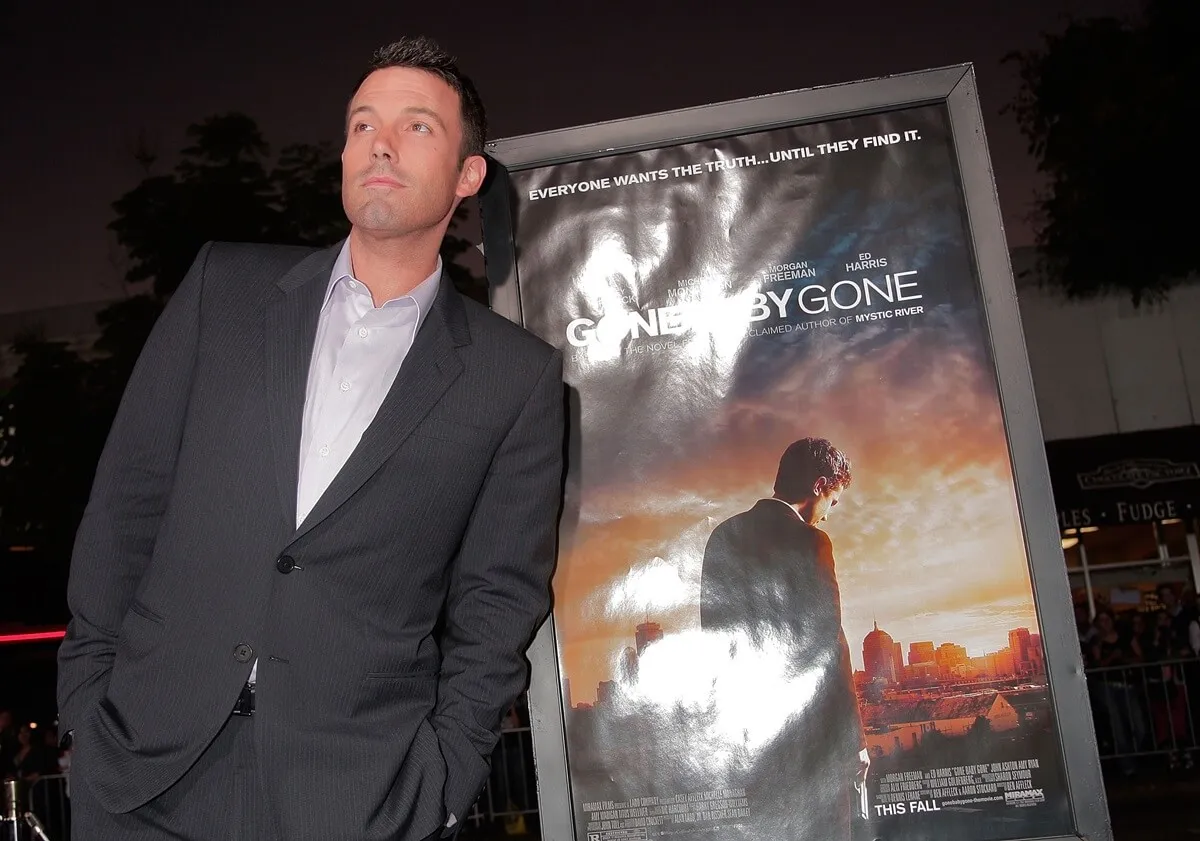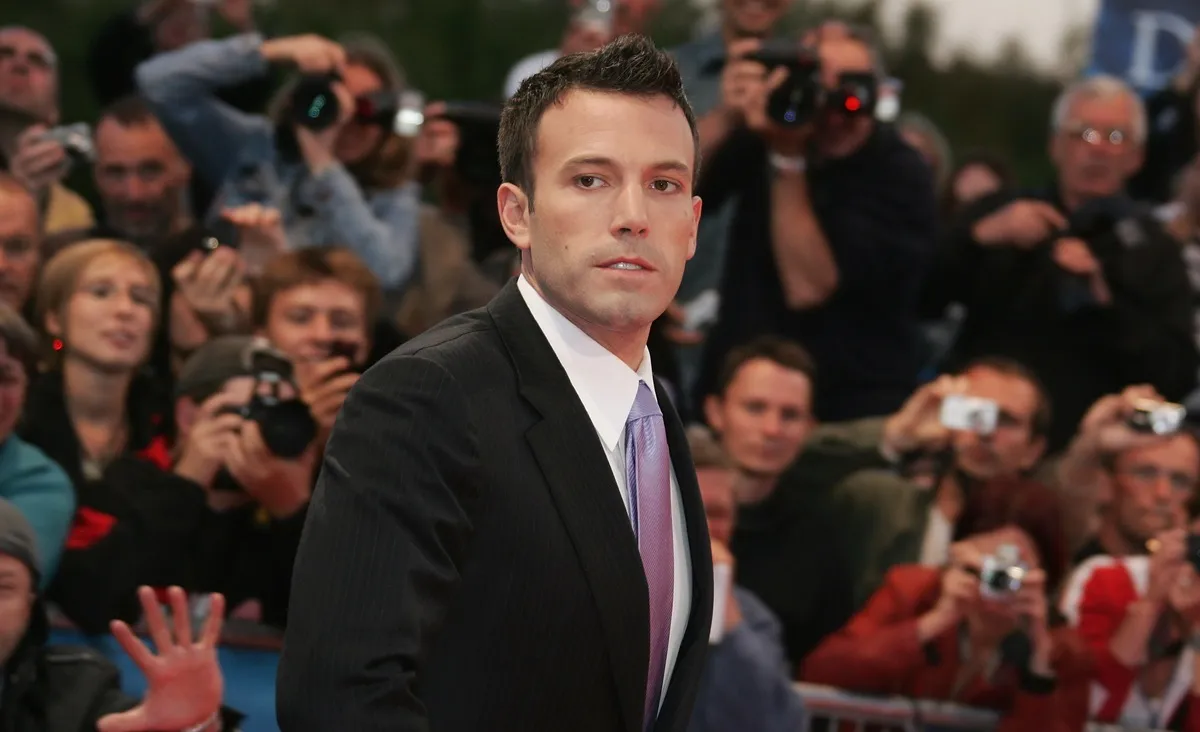
Ben Affleck’s ‘Gone Baby Gone’ Was Delayed Because of This Eerily Similar True Crime Case
Ben Affleck proved himself a capable filmmaker with his crime thriller Gone Baby Gone. But his directorial debut was met with bad luck when it crossed paths with a real-life true crime case with familiar parallels.
Ben Affleck’s ‘Gone Baby Gone’ was affected by this famous child abduction case

Gone Baby Gone already dealt with a very serious and sensitive subject. The Casey Affleck feature revolved around the disappearance of a young Boston girl and the race to find her whereabouts. Around the same time, reports of a real-life missing girl made national headlines.
A young British child by the name of Madeleine McCann vanished from a Holiday apartment in Portugal in 2007. McCann’s physical appearance also favored the child actor who’d be at the center of Gone Baby Gone, adding more sensitivity to the issue. Out of respect for McCann’s situation, Affleck chose to delay the film’s scheduled release date.
“We have a greater concern for this young girl’s situation than we have for the release of our film,” Affleck once said according to Express. “This is just a commercial concern but that is a matter of life and death, folks and family and quite tragic. No one is taking it lightly.”
“I had only a surface familiarity with it. The reason we wanted to be sensitive was that we didn’t want to release the movie if it was going to inflame anybody’s sensibilities,” he added.
Affleck became a father himself not too long before shooting the movie, which may have further influenced his decision.
“These issues went from being what is the worst thing that you could think of as an exercise, to this really emotional feeling of the most painful, horrible thing that I could imagine,” he continued. “This is a big transition for me in my life because I feel things more deeply… anything to do with kids. It makes me realize just how much more vulnerable a child is. Having a child is like taking the most vulnerable aspect of myself, reaching in and taking it outside of my body, and it is about to fall off the chair.”
How England audiences reacted to ‘Gone Baby Gone’
Affleck clarified to Uncut that UK audiences who saw Gone Baby Gone at a test screening handled the film well. All things considered, Affleck felt he could’ve released the film on its designated date without much, if any, backlash. But the Oscar winner and the movie’s studio still didn’t want to take any chances.
“When we did some research and screened the movie in the UK, nobody objected or said it bothered them,” Affleck said. “We still opted to push it because we felt like we might as well be on the safe side and be respectful. And I’m not taking credit for it because, to be honest, it was not as if Disney UK put the decision up to me. I was just made aware of it after the fact but I certainly was proud to be involved with a company that made a decision that was, I thought, respectful, appropriate.”
Ben Affleck wanted ‘Gone Baby Gone’ to feel as real as possible
Affleck wanted to strip Gone Baby Gone of all the usual glitz and glamor found in a lot of other similar movies. His plan was to shed light on the less fortunate side of both Boston and humanity in general.
“You don’t see anybody here who is complete or all the way together in the way you see folks in a lot of Hollywood movies,” Affleck once told NPR.
The cycle of poverty and its affects on the younger generation was a recurring theme in the thriller. This factored heavily into the child’s abduction in the film, whose home life already left a lot to be desired.
“At first you think she’s a victim,” Affleck said of the young girl. “But then you see her mother, who is really foul and uses racist language and you see the squalor the girl lives in and your heart goes out to her for where she used to live, not only where she’s been taken to. So it raises all kinds of questions about how we’re living and how we’re treating kids.”
To add more authenticity to the movie, Affleck would try to film the cast and crew when they least expected it. If only to capture their honest reactions and behaviors.
“What we had to have was the people not feeling as though the camera was pointing at them,” he said.


